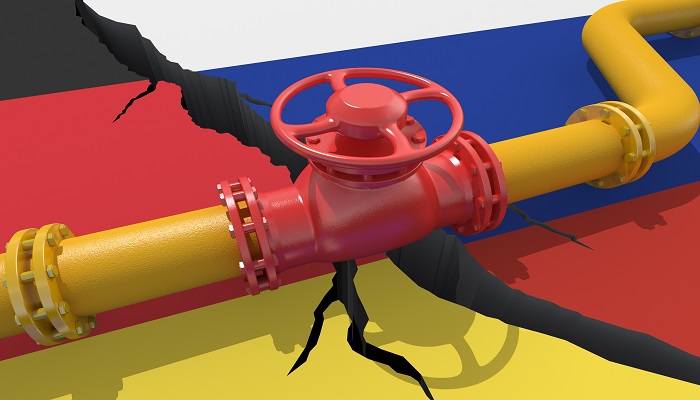As soon as Russia stopped sending gas to Germany in June, a German company called Kelheim Fibers began looking for other ways to keep its engines running.
As a result, starting in the middle of January, the Bavarian company, whose fibres are used in everything from teabags to tampons, will be permitted to use heating oil rather than gas. This will lead to an increase in carbon emissions, which is a disadvantage. Longer term, the company is thinking about switching to hydrogen, which is a considerably cleaner energy source, provided that it is generated using renewable energy.
As one of the first significant businesses in Bavaria to switch to hydrogen, the 87-year-old company’s managing director, Craig Barker, told Reuters. According to Barker, energy prices make up more than 60%–70% of the company’s variable expenditures, surpassing the cost of its principal raw material.
The majority of small and medium-sized businesses in Europe’s largest economy, including Kelheim Fibers, are attempting to diversify their energy sources in order to maintain output.
After Moscow’s invasion of Ukraine in February, Russia cut off natural gas supply to Germany, which has prompted Berlin to restart or prolong the life of its coal-fired power plants, jeopardising its commitment to reducing greenhouse gas emissions. The crisis, according to economist Klaus Wohlrabe, may ultimately result in more environmentally friendly production.
Long-term reliance on fossil fuels has proven to be a dangerous course. Companies must therefore realign themselves in the medium term, if not sooner added Wohlrabe.
Barker noted that Kelheim Fibers, which has so far met 85% of its energy demands with gas, is in discussions with stakeholders regarding importing hydrogen, with an anticipated annual usage of over 30,000 tonnes, beginning in 2025.
A pipeline to connect to the German refinery Bayernoil as well as a port will be required to meet the demand that the company cannot meet with domestically produced hydrogen, he continued, adding that the infrastructure is a must.
Germany’s Economic Affairs Ministry granted approval earlier this month for the development of the nation’s first hydrogen pipeline network. Additionally, a strategy for helping small and medium-sized businesses transition to climate-neutral production, such as the expansion of hydrogen infrastructure, was unveiled. According to the utility industry organisation BDEW, more must be done to speed up investments in hydrogen, including the passage of a Hydrogen Act to reduce red tape and quickly regulate the ramp-up of hydrogen production.
BDEW president Kerstin Andreae stated that 2023 must give new momentum for expenditures in renewable energy sources, hydrogen, hydrogen-capable gas-fired power plants, and energy networks.




































